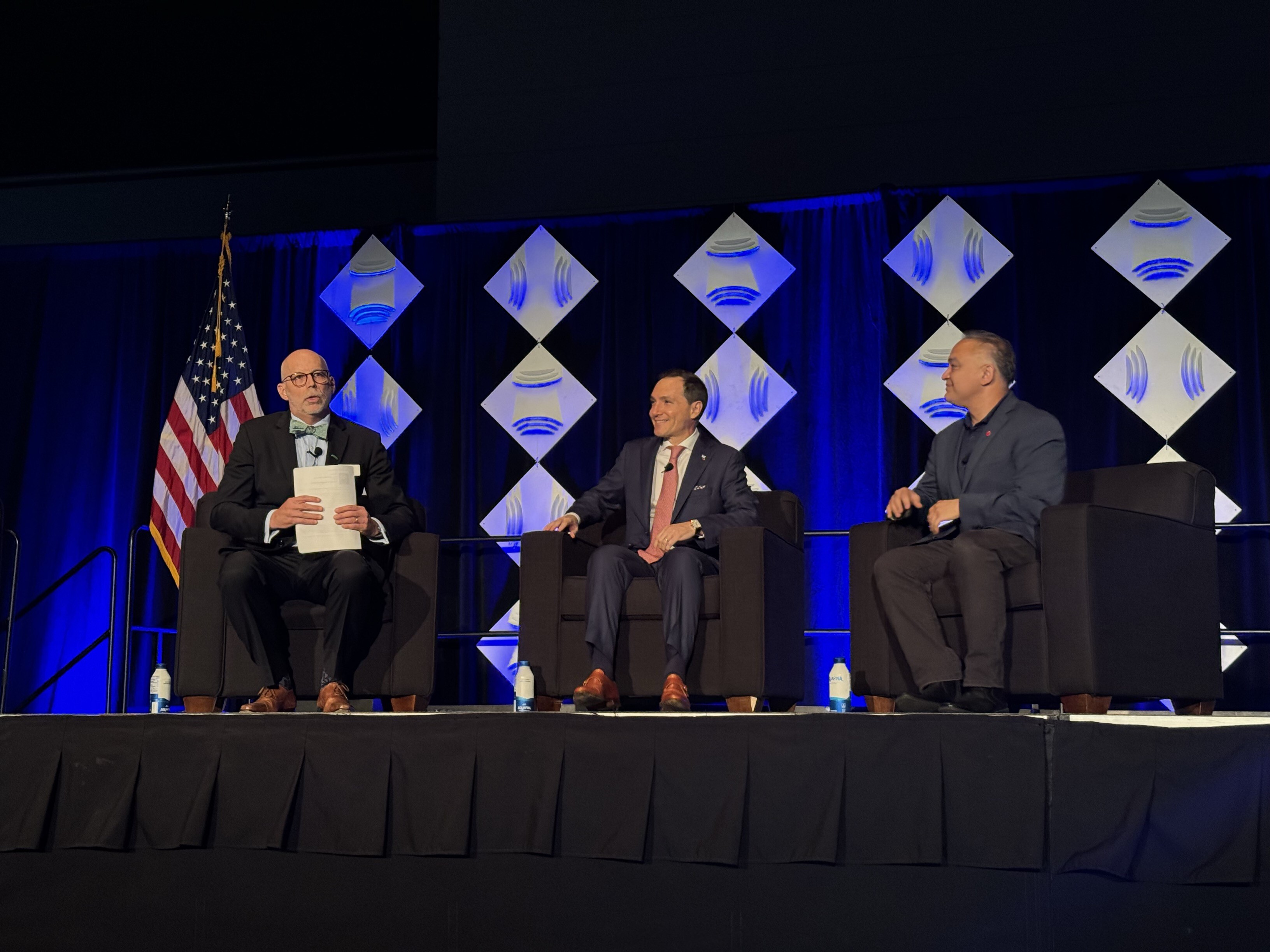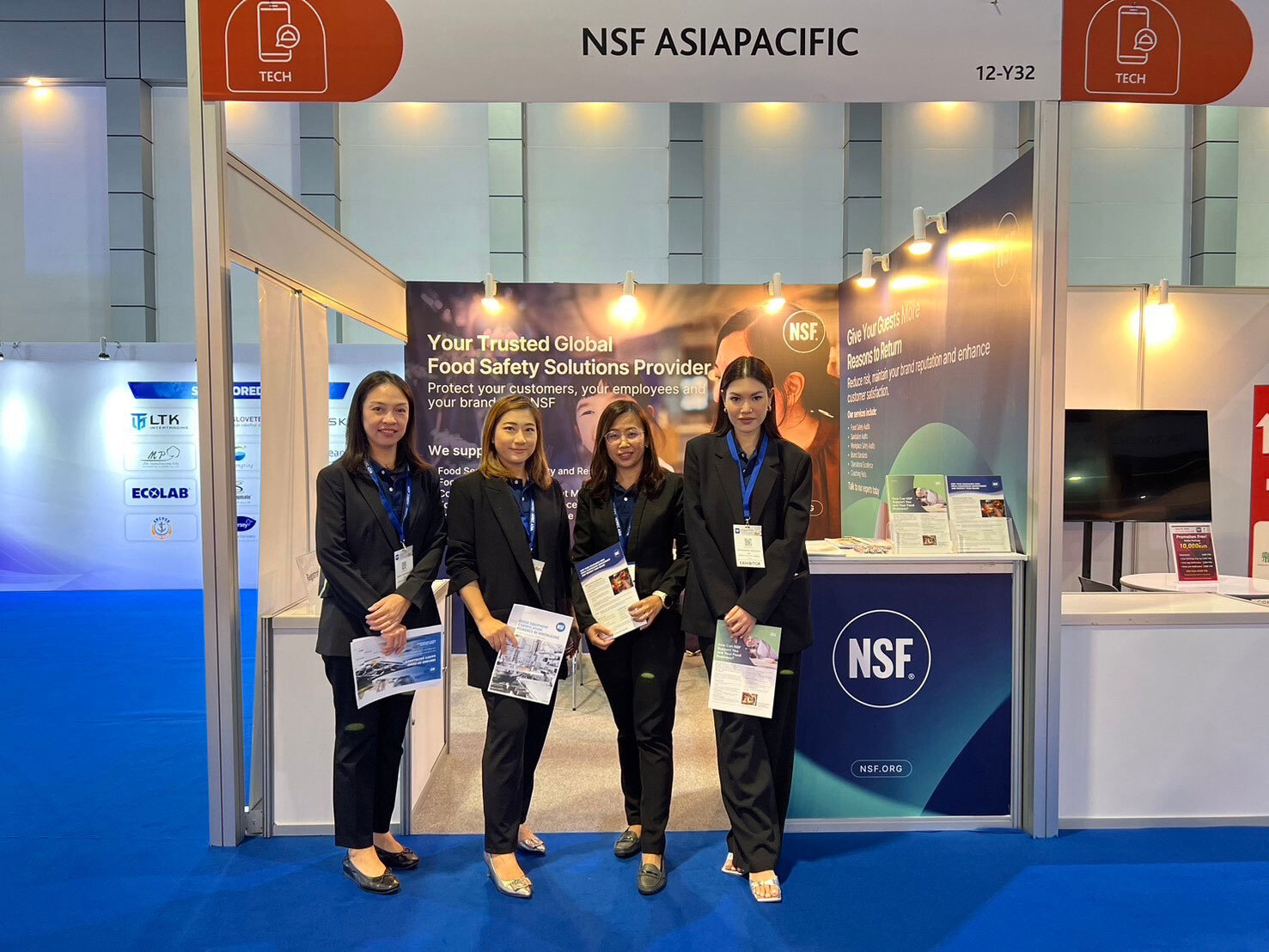Here To Stay: Consumer Demand for Sustainability

Demand for Corporate Social Responsibility
An elevated corporate social responsibility strategy is no longer optional for businesses as a growing number of consumers prefer to purchase from companies that align with their values. This is particularly prevalent among millennials and Gen Z consumers as they begin to represent a larger market share. These are also the generations who will face the harsh reality of climate change long-term over the span of their lifetimes.
According to Business Wire, Simon-Kucher & Partners recently conducted a global study showing that more than a third of global consumers are willing to pay more for sustainable products. Additionally, the study revealed that 85% of consumers have purchased green alternatives for their needs in the last five years in an effort to reduce their carbon footprint. Consumers see the benefits of sustainable practices and are willing to sacrifice a lower price tag to align with their environmental values.
These consumers put pressure on businesses to increase their green initiatives. As more consumers adopt this mindset, companies must genuinely make the green push — no greenwashing — in order to retain market share and a favorable brand value.
Office Space Matters
For companies seeking to operate more sustainably, improving office space is a wonderful place to start. While designing a comfortable and inviting workspace is important for your employees, the materials selected to furnish and decorate it also matter. Luckily, you do not have to sacrifice style and comfort for environmentally friendly decor. By using sustainable products and furnishings in your office space, you can achieve highly regarded ratings, including LEED (Leadership in Energy and Environmental Design), WELL and the Living Building Challenge. This can be an advantage when competing with other companies for top talent in a highly competitive hiring market.
NSF-Certified Sustainable Materials
Checking for third-party certification is the most reliable way to verify the sustainability of a product. NSF offers standards for a variety of different materials that are used in office space designs, including dimensional stone, carpet, wall coverings, resilient flooring and furniture. These standards cover multiple attributes across the life cycle of a product, ensuring its suitability for sustainable sourcing. Innovations in the building products sustainability sector have paved the way for evaluating products for their level of environmental responsibility while being sourced, manufactured and transported, as well as ascertaining overall economic impact.
In addition to third-party certification, trade associations like the Wallcoverings Association and the Natural Stone Institute also help promote greener options through training and advocating for sustainable products and furnishings. Be sure to check if your materials have earned the NSF certifications to help your office meet its sustainability goals:
- Dimensional Stone (ANSI/NSC 373): Evaluates how the stone is quarried, processed and transported. Its environmental, economic and social responsibility are also reviewed.
- Carpet (NSF/ANSI 140): Certification is based on a silver, gold or platinum level, dependent on its ability to meet performance requirements for both the product and the manufacturing organization.
- Resilient Flooring (NSF/ANSI 332): Assesses the sustainability of resilient floor coverings based on a life-cycle-assessment approach. Products are evaluated for product design, product manufacturing, long-term value, end-of-life management, corporate governance and innovation.
- Wall Coverings (NSF/ANSI 342): Evaluates textiles, vinyl, alternative polymer (or vinyl- or alternative polymer-coated), paper and other natural fiber products across their entire life cycle. Certification levels include silver, gold and platinum.
- Furniture (LEVEL®): Performance tiers include LEVEL 1, 2 and 3, which communicate the environmental and social impact of furniture products. The higher number translates to more criteria met.
Tips for Operating a Sustainable Office
In addition to choosing sustainable building products and furnishings for the office, companies can implement practices that will also contribute to a cleaner earth. Tech Republic offers some great tips, including:
- Turning everything off when you leave the office for the night, including lights, heating/cooling systems, electronics, etc.
- Going digital to reduce paper waste
- Incorporating office plants to help with indoor air quality
- Reducing energy consumption during the day by utilizing natural light rather than electrical lights
- Avoiding excessive air conditioning in the summer months
- Offering hybrid work options to reduce your employees’ carbon footprint while commuting
No effort is too small when working to reduce our carbon footprint, and businesses play a significant role in this global movement. We all have a responsibility to make sustainable choices so we can live on a healthy earth for years to come.
Ready To Begin the Process?
Contact us with questions or to receive a quote.
Sources:
www.businesswire.com/news/home/20211014005090/en/Recent-Study-Reveals-More-Than-a-Third-of-Global-Consumers-Are-Willing-to-Pay-More-for-Sustainability-as-Demand-Grows-for-Environmentally-Friendly-Alternatives
www.techrepublic.com/article/going-green-10-ways-to-make-your-office-more-eco-friendly-and-efficient
How NSF Can Help You
Get in touch to find out how we can help you and your business thrive.

What’s New with NSF

NSF Shanghai Named Critical Site for NSF/ANSI 455 and NSF/ANSI 173 by ANSI National Accreditation Board
July 26, 2024
NSF Takes Center Stage at NEHA Annual Education Conference
July 25, 2024
NSF Asia Pacific Showcases Hospitality Solutions at THAIFEX HOREC Asia 2024 in Bangkok, Thailand
July 4, 2024